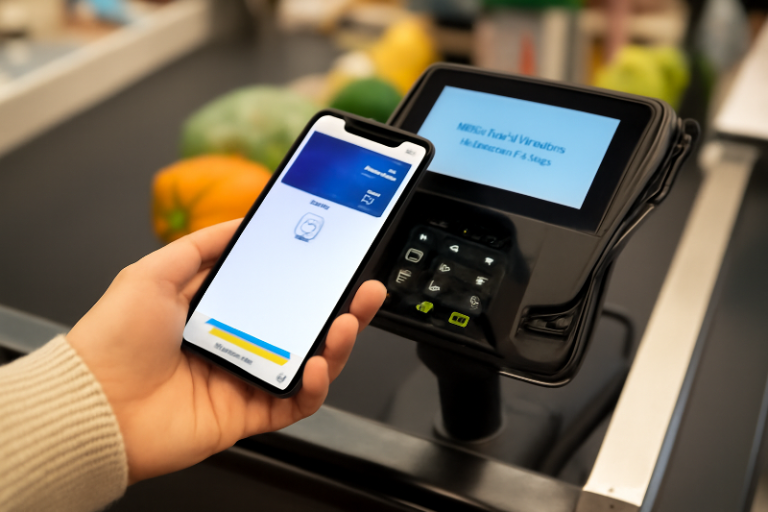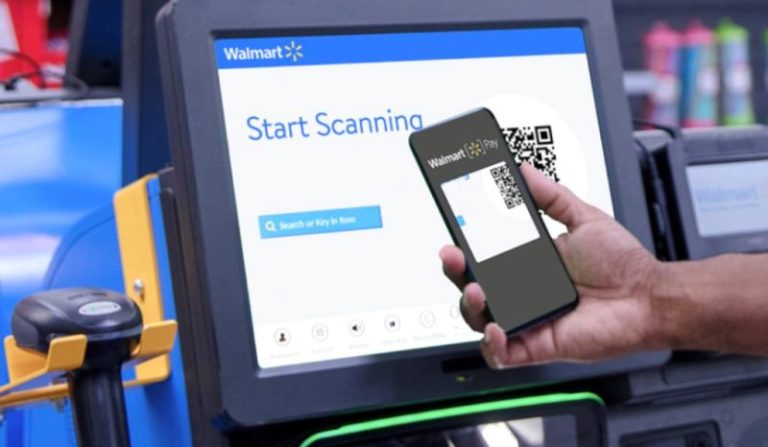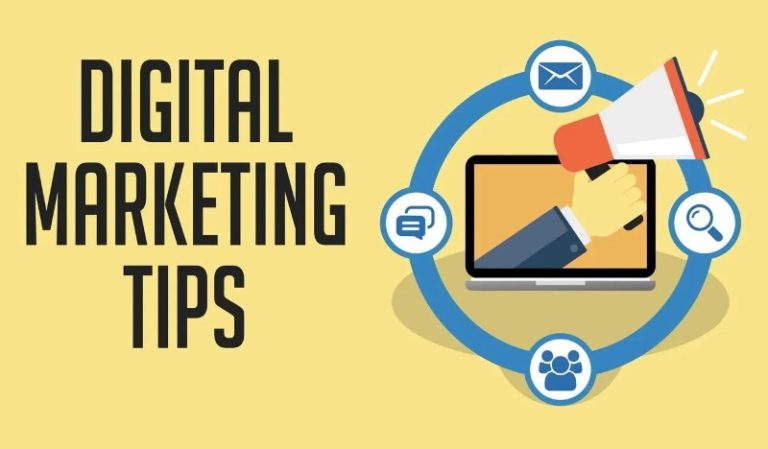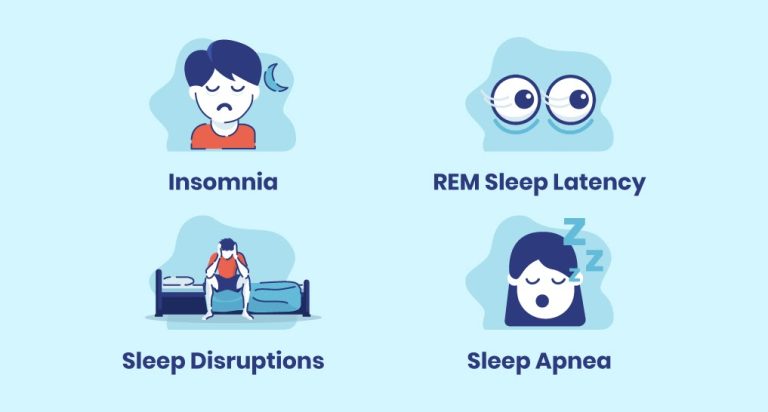Start by splitting your bankbook
If you are a newcomer to a company or an office worker, you may do financial tech to save money. There are various methods of re-tacking, but it may also be helpful to manage them by dividing the passbook among them. Managing passbooks by purpose may be more systematic than managing a single passbook.
It is also good information for the future if college students who have not graduated yet know. When splitting a passbook, you can manage it by dividing it into salary passbook, consumption passbook, emergency passbook, and savings passbook. Let’s learn how to start by splitting a passbook.
If you receive a monthly salary, it is recommended that you set up automatic debits so that you can get out of your paycheck for fixed expenses, such as telecommunication fees, insurance premiums, utility bills, and savings, with a similar amount each month. If you set up direct debit, money such as telecommunication fees, insurance premiums, utility bills, and savings is automatically withdrawn. Only the remaining amount, excluding the amount that was withdrawn, remains in the paycheck account.
After figuring out how much you usually spend per month, the amount you want to spend from your paycheck is sent to your savings account. Issue a debit card from the consumption passbook and use it. It is also useful to apply for a text notification service when using a debit card in a savings account so that you can receive a text notification of the amount used.

If you have excluded money for utility bills, telecommunication fees, savings, and other expenses from your monthly paycheck, you can set aside a certain amount as an emergency fund. These emergency funds are useful money that can come in handy when you are really in a hurry. It’s not really urgent, but it’s not a good idea to use an emergency fund. It is also a good way to replace it with a CMA passbook of a securities company.

4. Savings account
There are a number of ways to raise purpose funds: short-term purpose funds, medium-term purpose funds, and long-term purpose funds. They are usually short-term funds with a maturity of one year. If the maturity is set to 3 years, there is a possibility that work may occur before the expiration date and it may not be possible to maintain it, so it is sometimes set to 1 year or 2 years.

It may also be effective to research financial products and invest in finance by appropriately distributing profitability and safety. If you plan for the future, I hope that you understand the purpose of collecting money properly and that you will be a successful financial tech.
For More Articles Visit: Journal Closet





